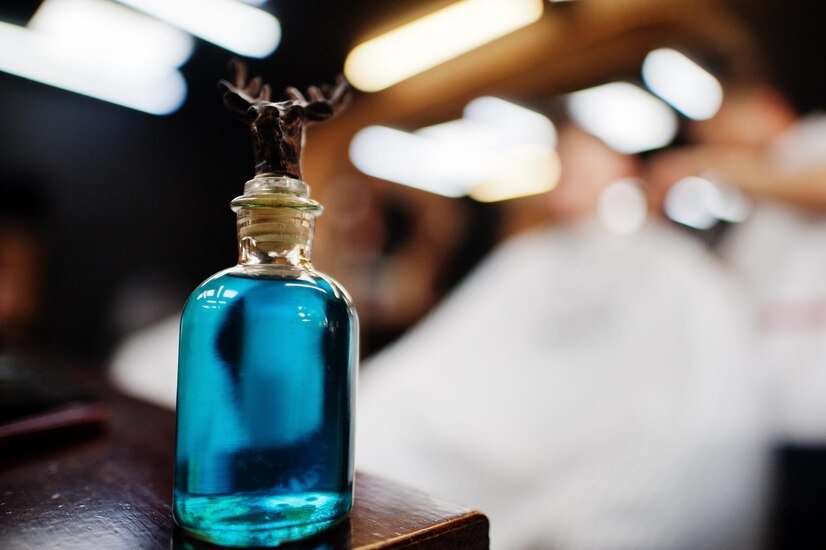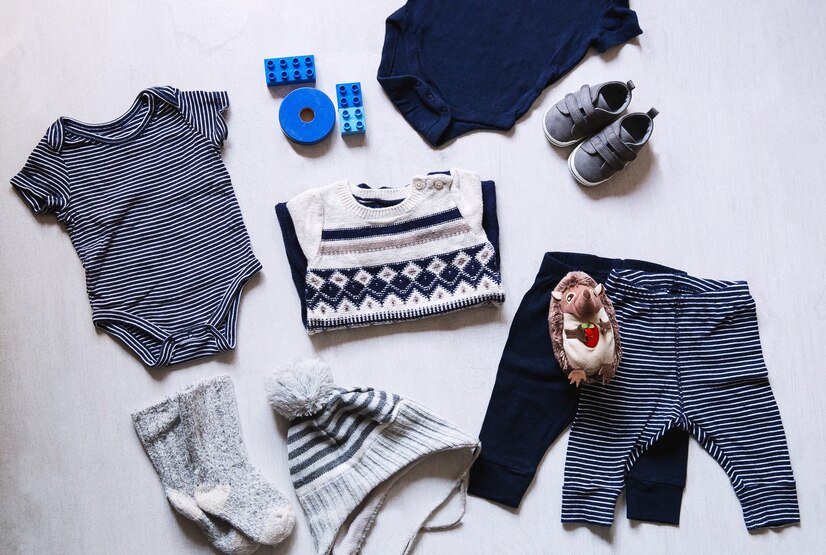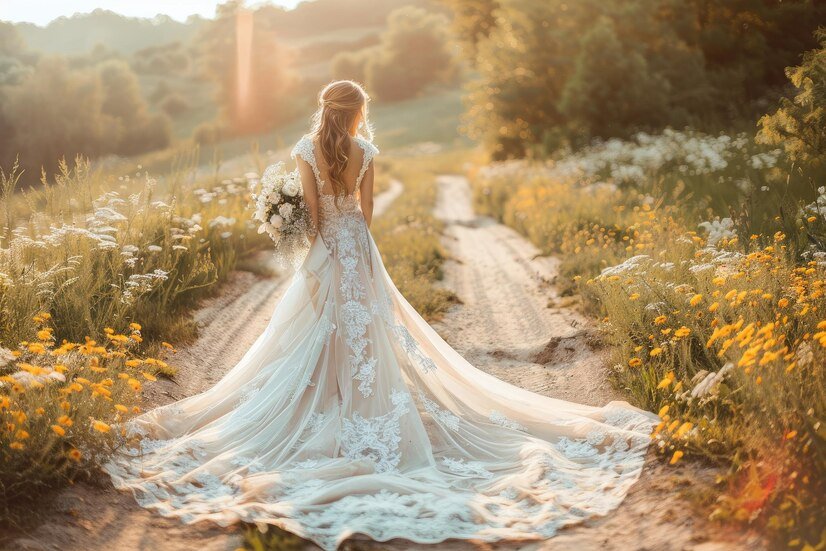The Fascinating World of Parfû: Understanding the facts about the creation of one of a kind fragrances

Scent has always been relevant to emotions, memories, and experience within human history. Parfû is a word related to the craft of creating perfume and shows a world of fragrance, tradition, and personality. This article aims to give readers a brief insight about parfum: From where it came, what it is, what is generally made of, the different kinds and even how parfum affects our lives.
1. Introduction to Parfû
This full term is sometimes even identified with the art of perfumery itself, parfû is the term that the workers use. Parfu is different from the regular; general understanding of perfumes; it is viewed as exotic aromas that are created to elicit feelings, link back to customs, and establish individuality. Today perfume industry has expanded a lot it provides many types of fragrances created for various kind of individuals, moods and situations.
2. Originsosaurs History of Parfû
In itself, fragrance goes back thousands of years, as far back as history records. Parfû in its early stage was practiced in Egypt and Mesopotamia in which Oils and Resins were used to offer to the gods. Gradually, the art of perfumery migrated to other cultures and grow up to the country that is called the kingdom of fragrances – France. The French perfumers changed the nature of parf’û by adopting more complex methods of extraction leading to various and lasting aroma. Today it is a science and an art at the same time.
3. Key Ingredients in Parfû
In this capacity, the elements that go into parf’û are the very substance that determines the life expectancy and aesthetics of parf’û. Common ingredients include:
Essential Oils:
Coconut oil, tamanu oil, Afghan water, sandalwood oil, olive oil, jojoba oil, and other essential oils are the essential parts of most of the parf’ûs.
Aromatics and Resins: Myrrh, frankincense, labdanum help to enrich the overall composition.
Alcohol:
It was obtained to lessen the focus, so that the scent could circulate properly.
Natural and Synthetic Compounds: Synthetics including aldehydes are used to stabilise and fortify the fragrance.
They also decide on a base in order to layer and ultimately create a balanced smell of each component.
4. Part II provides a distinctive list of cultural parfû types and specifies the extent of their influence.
Parfû may be divided into two categories; the real one and the fake one. Of the two types, one is more focused and also has a longer lifetime than the other.
Parfum (Extrait):
The longest lasting fragrance that ranges between 6-8 hours with 15-40% of fragrance oils.
Eau de Parfum (EDP): Moderate which may be up 4-5 hours.
Eau de Toilette (EDT): A less intense — it takes approximately three to four hours to kick in — but professionally performed type.
Eau de Cologne (EDC): The concentrate is not very potent hence lasts only less than 2 hours after application.
Eau Fraîche:
The lightest of them all which generally takes an hour at most, for those who want a slight touch of freshness.
The two concentrations differ with each having a specific purpose and one is preferable to another depending on circumstances.
5. Benefits of Wearing Parfû
Beyond just a pleasant smell, parf’û offers numerous benefits:
Confidence Boost:
Perfume boosts up self-esteem Personalized smell is effective in building confidence Perception of an individual is important.
Mood Elevation
Essential oils such as lavender or citrus help to improve your mood.
Aromatherapy:
Parf’û with essential oils can have positive effects on people stressing by decreasing level of anxiety.
Memorable Impression:
Breezes in some cases become part of how people associated with us remember us.
Self-Expression:
Fragrance gives you an opportunity to tell people who you are without saying a word.
6. The Right Pair for Your Personality
The best choice of parf’û may not be easy to make due to the diverse options that are available. Here are some tips to guide you:
Floral Scents:
Suitable for those who are in love or are gentle Sparks. The most selected flowers are jasmine, rose, and peony.
Woody Scents:
Built to cater especially to people who portray warmth and sophisticated personality.
Citrus Scents:
Sometimes used by those who like to have a lot of energy and a good mood.
Oriental Scents:
Strong intense fragrances are best for those individual with a rich and adventurous personality.
This is well understood by experiencing some of the samples on the skin to observe how they progress over time. It is always encouraged to select a poem that has a close relation to your life.
7. Little Tips on How to Make Your Parfû Last Longer
In order to wear your parf’û all day, how long it lasts is the key factor. Here are some tips:
Moisturize Your Skin:
Take lots of water because perfume is long lasting on well hydrated skin.
Apply on Pulse Points:
Wrist, neck, behind the ears are the most suitable places because they help to strengthen the smell.
Avoid Rubbing:
When Rubbing parf’û is applied to fabric, it interferes with the molecule thus making it to fade away easily.
Store Properly:
It is also required to protect your parf’û from direct sunlight and high temperature.
8. Parfû for Different Occasions
Hence, it depends with the occasion you have at hand or the materials that you would prefer using.
Daytime Wear:
Simple and mild scent such as floral fragrances, citrusy, are ideal for a clean smelling aura.
Evening Events:
Using oriental or woody base of a scent has a deeper effect, as a result, they are recommended.
Casual Outings:
Eau de toilette or eau fraîche usually give a faint smell that is invigorating.
Professional Settings:
Having a neutral and refined note shields your perfume from being too strong.
Scent selection thus communicates more about a person and shows consideration when choosing the right one for the event in question and boosts any image in any situation.

Conclusion
Parfû is not only an odor but also style and personality, affectivity and temper. From what was discussed above, it is clear that it has a history, the creation process is a complex process, the impact on self-identity is quite high. Whether the client wants confidence, comfort or just the scent, parf’û gives a special treatment for everyone. Choosing the perfume is very similar to choosing clothes, accessories or partner; spend time reading yourself and your personality and you will find the scent which is yours.
(FAQs).
Q1: First of all, eau de parfum and eau de toilette are actually rather different from parfum in terms of concentration and performance, with eau de parfum falling somewhere in between in terms of strength.
A1: The difference is the concentration level: parfum has the highest and maintains the longest, then eau de parfum, lighter and shorter eau de toilette.
Q2: What do I need to do in order to select a parf’û that will be appropriate for me?
A2: Since there are four major fragrance groups, namely floral, citrus, woo discharge and oriental, make sure to switch between these groups to find the one that suits you.
Q3: Does parf’û have a different scent when it is first made or when it has been preserved for a couple of months?
A3: Yes, parfû is structured in a linear way, that has top, middle and base notes and can smell different after some time from when it was put on.
Q4: How should I store my parfû?
A4: To ensure that parfû is not contaminated by insects, light or heat source it should be stored in a cool and dark area.
Q5: Are natural parfû ingredients better than employing synthetic ones?
A5: Each has its advantages; natural materials are usually preferred because they produce the real thing, while synthesizing offers new fragrances and longer-lasting ones.







